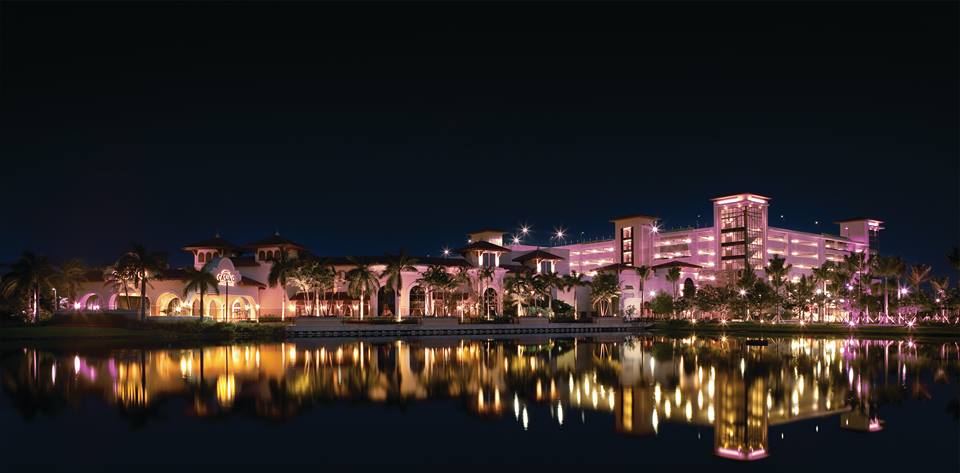Nearly six years after starting a land-into-trust process, the Seminole Tribe Of Florida has received the final environmental impact statement from the Bureau Of Indian Affairs for a 45-acre site adjacent to its Seminole Casino Coconut Creek in Broward County.
The Florida tribe wants to develop the parcel near the city of Fort Lauderdale by adding a 1,000-room hotel complete with 47,000 sq ft of retail space and a 54,000 sq ft dining area alongside a 2,500-seat showroom but must undergo such a process from the Bureau Of Indian Affairs before adding the site to its tribal lands.
“Bringing the surrounding 45 acres of Seminole Tribe Of Florida-owned parcels into trust will enable the Seminole Tribe Of Florida to more easily develop the entire site into a destination resort with a variety of activities that would both diversify revenues and increase income,” read the final environmental impact statement. “The hotel and other amenities would attract visitors beyond those interested purely in gaming and would contribute to longer on-site visits for those who are interested in gaming.”
Even though the acquisition of the land would benefit Seminole Casino Coconut Creek, the Bureau Of Indian Affairs did not treat the project as gaming-related despite protests from local officials that had called on the tribe to submit to a two-part determination procedure under provisions of the Indian Gaming Regulatory Act. This would have significantly extended the land-into-trust process and required the final approval of the state’s governor.
Despite considering this option, the Bureau Of Indian Affairs stated that such a proposal would have “likely increase public opposition to the project and [reduced] the likelihood of the property being brought into federal trust”.
The final environmental impact statement explained that the Seminole Tribe Of Florida would be required to pay “an annual fee to the city for each square foot of [the] new gaming facility” should it ever expand the gaming portion of the casino onto the discussed land.
“Developing the project site for expanded gaming was rejected because of the potential controversy as well as the expense,” read the final environmental impact statement.



